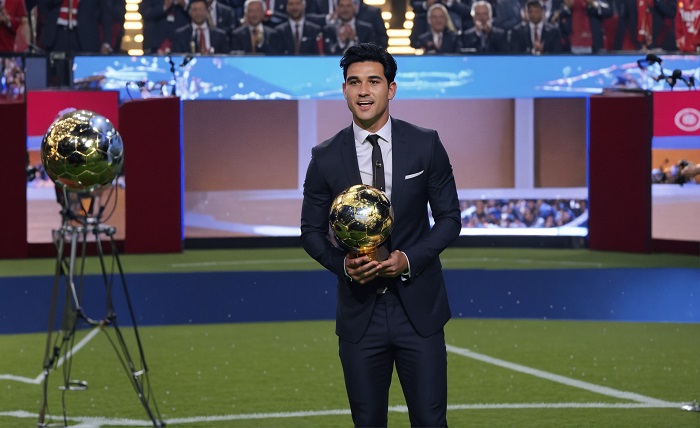When people think of sports diplomacy, the iconic “Ping Pong Diplomacy” of the 1970s often comes to mind. Yet football, the world’s most popular sport, has proven to be an equally powerful diplomatic tool. With its unmatched cultural reach, football diplomacy has brought nations together, opened dialogues during times of tension, and reflected shifting dynamics in global politics.
This article explores how football has been used as a bridge between states, societies, and cultures, tracing its historical roots to its role as a modern diplomatic instrument.
The Roots of Sports Diplomacy
From Ancient Olympics to Modern-Day Politics
Sport as diplomacy is not new. The Olympic Games in ancient Greece suspended wars for athletic competition, setting an early precedent. In the modern era, global sporting events continue to act as stages for political symbolism and dialogue.
Lessons from Ping Pong Diplomacy
The U.S.–China thaw in relations through ping pong matches in 1971 remains a prime example. It showed that sport could soften political hostility, creating opportunities for broader negotiations. This paved the way for football to become an even greater stage for global diplomacy.
Why Football Became a Diplomatic Tool
Global Popularity and Cultural Reach
Football’s universality—played in every continent and embraced by billions—makes it a natural channel for soft power. Matches are watched by heads of state and citizens alike, creating shared cultural experiences.
Accessibility and Mass Participation
Unlike many sports requiring expensive equipment, football only needs a ball and space. This accessibility allows it to transcend class and borders, making it a universal language of diplomacy.
Case Studies in Football Diplomacy
The 1998 World Cup and Iran–USA Relations
When Iran and the U.S. met in the 1998 FIFA World Cup, the pre-match exchange of flowers and handshakes symbolized a thaw in otherwise hostile relations. The game became a moment of peace, broadcast to millions worldwide.
Football Exchanges Between North and South Korea
Friendly matches between the two Koreas have occasionally softened political tensions, giving citizens glimpses of unity beyond politics.
African Nations Using Football as Peace-Building
Countries like Ivory Coast leveraged football to halt civil conflicts, with stars like Didier Drogba calling for peace during national turmoil.
FIFA, UEFA, and the Politics of Football
World Cup as a Diplomatic Stage
The FIFA World Cup is the world’s most-watched event, often serving as a stage for nations to showcase identity, power, and hospitality. Hosting rights themselves carry diplomatic weight.
UEFA Tournaments and Regional Relations
European competitions such as the Euros or Champions League provide platforms for cross-border collaboration and occasional political rivalry, blending sport with geopolitics.
Positive Impacts of Football Diplomacy
Promoting Peace and Cultural Understanding
Football matches create neutral grounds where countries can interact in a less confrontational environment. They foster mutual respect and shared passion.
Strengthening Bilateral and Multilateral Ties
From grassroots exchanges to official fixtures, football diplomacy strengthens ties not only between governments but also between communities.
This reflects how platforms like ยูฟ่า 168 ทางเข้า connect fans globally, reinforcing football’s role in building ecosystems of both sport and culture.
Challenges and Criticisms of Football Diplomacy
Sportswashing and Political Manipulation
Some governments use football to divert attention from human rights concerns or to project a positive image internationally, raising ethical questions.
Short-Term Symbolism vs Long-Term Policy
While football may create symbolic moments of peace, critics argue that these rarely translate into sustained diplomatic progress without political will.
The Future of Football Diplomacy
Expanding Role of Digital Media and Global Events
With digital platforms broadcasting football worldwide, matches have become tools of real-time diplomacy, reaching audiences across borders instantly.
Potential for Conflict Resolution in New Arenas
Football could play a bigger role in mediation, peace campaigns, and cultural diplomacy in regions where political dialogue is strained.
Conclusion and Call to Action
Football diplomacy is a testament to how sport extends beyond the pitch, shaping peace, fostering unity, and acting as a mirror of political history. From Iran–USA encounters to African peacebuilding, it continues to inspire global connections.
As fans engage with football ecosystems—from matches to digital platforms like ufabet login—they become part of a larger narrative where the game promotes harmony as much as competition.
To learn more, explore our related articles on football’s cultural, political, and social roles in shaping communities and international relations.
